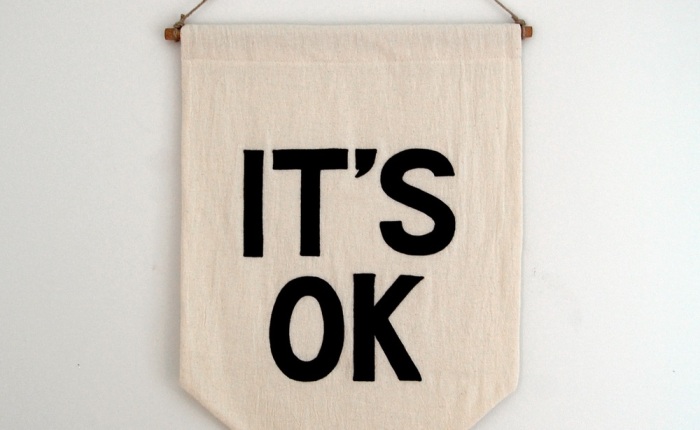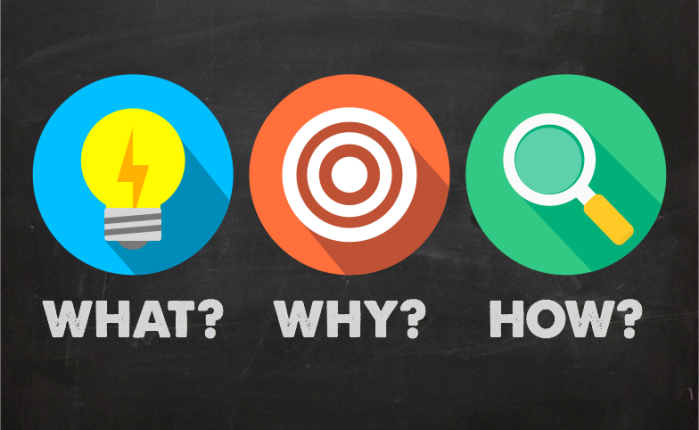“You are already perfect as you are, yet you can always be better.” – Buddhist saying
Over the last few weeks, my perspective on life changed radically and it all started with a couple of Internet articles. Let me tell you my story:
As someone very interested in self-development, I have been changing my life slowly. This included pushing myself to overcome my fears and trying new things that I might love.
I went to a writer’s meetup. I have weekly salsa classes. I love both of these things, and I know that I would have never done them without conscious effort.
Besides that, I’m also working on my willpower muscles: I try to workout regularly, and am studying more than before.
I’m really happy about my progress, but this strong focus on improvement came at a heavy price: I was having less fun than before. I had forgotten how to just live and enjoy the simple things. I was putting a huge pressure on myself, which had the opposite effect that I expected: it made my life worse.
Every time I failed, I felt guilty and wasn’t satisfied. I felt stressed and tense. Even when I was enjoying my free time, my goals were in the back of my mind and a voice nagged me “Shouldn’t you be doing something productive?”
Instead of making my life better, my efforts were slowly becoming a prison of guilt and worry and worsening my quality of life. My system was a failure.
What helped me realize this was this trio of articles by Mark Manson:
These 3 articles are really powerful because they completely reshaped my perspective of life. Here are the key ideas:
(1) Mediocrity, as a goal, sucks. But mediocrity, as a result, is OK.
(2) We’re okay. We can be better. But we’re okay.
(3) Live, man. Just live. Stop trying to be happy and just be.
This lifts off all the pressure of “being exceptional” and allowed me to accept myself. You’re always be average in most of the things, and that’s normal. Being average is normal. Even failing is normal.
Sucking at things doesn’t matter, as long as I keep working on it. This doesn’t mean it’s always enjoyable, but I don’t beat myself up like I did before, and that makes a huge difference.
Since failure is unavoidable, we should learn to accept and manage it better.
With this new perspective, it seemed like I woke up from a strange dream and landed back in good old reality. It allowed me to enjoy the mundane things again, and transformed improvement from a chore back into a pleasure.
This doesn’t mean that I feel great every time I push myself. A lot of it is hard and not very enjoyable. When I took my first salsa class, I was scared shitless and obviously that wasn’t enjoyable.
Even now, after months of classes, I still feel a little fear. Once in a while, I catch myself thinking that the others dance a lot better and I’ll look like a fool. I know that that voice will probably always be there. And I accept it.
However, I learned that once I get there, I usually have a great time. I made friends and dance a lot better than before. Even on the days I don’t go, I’m OK about it, because I know that failure is normal. As long as I don’t use that as an excuse to be a slob and sleep on the couch all day, and keep trying, I’m OK.
There’s no pressure anymore. Just the will to improve and the pleasure of the struggle. I learned that what’s important is the attempt, not the result.
What do you think about this perspective? Do you suffer from the same problems?


